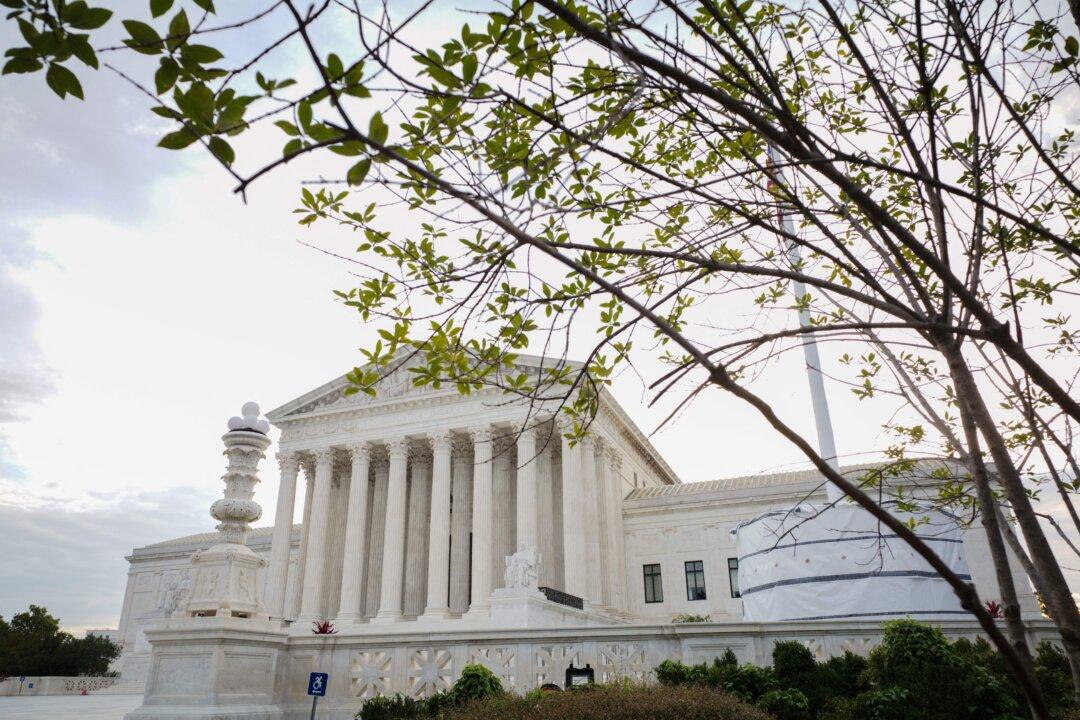A Texas law banning abortions after six weeks of pregnancy that authorizes anyone to sue when an illegal abortion is performed violates decades-old Supreme Court precedents, the Biden administration told the high court Nov. 1.
Texas designed the statute “to thwart judicial review by offering bounties to the general public to carry out the state’s enforcement function,” U.S. Solicitor General Elizabeth Prelogar told the justices.





